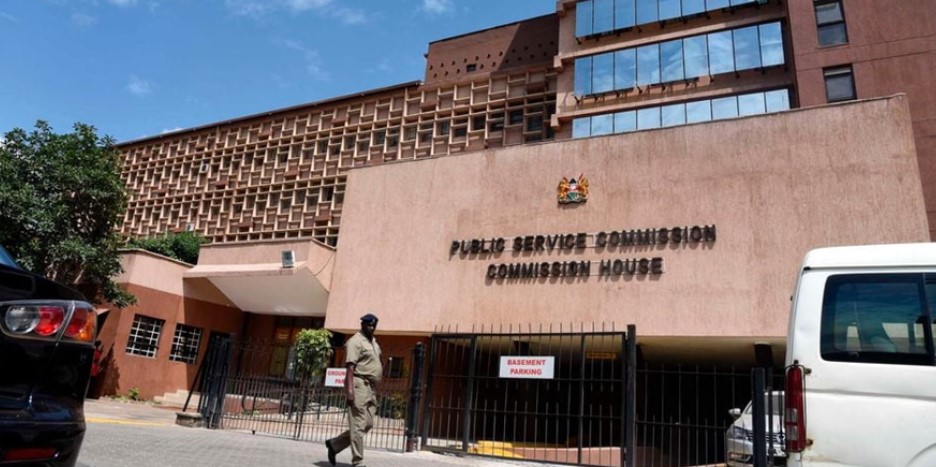Somalia introduces new tax on electronic money transfers

Somalia records over 155 million mobile money transactions monthly, and over 70 per cent of adults in the country use mobile money services.
Somalia's Finance ministry has announced the implementation of a new system to collect sales tax on electronic money transfers made through telecommunications companies.
This initiative marks a significant shift in Somalia's approach to tax collection, particularly in the realm of electronic transactions.
In a video statement published on the ministry's Facebook page on Friday, Finance minister Biihi Iman Cige detailed the development saying the ministry had invested plenty of time in it and that it was finally ready for use.
"We are informing telecommunications companies and businesses that the government has established a system to collect sales tax on mobile, wallet, and merchant transactions," Biihi explained regarding the previously untouched area.
The tax rate set by the government is five per cent, significantly lower than those of neighbouring countries in the East African Community (EAC), to which Somalia was fully admitted in March.
"The rate is only five per cent, which is much lower when compared to our neighbouring countries. Ethiopia is the lowest, charging 15 per cent. Kenya charges 16 per cent, while others charge as high as 18 per cent," the minister said.
Biihi did not specify when this new tax, through which the government aims to significantly boost its annual tax collections, would take effect. It is part of a broader effort to diversify revenue streams and create a more sustainable financial future.
Somalia records over 155 million mobile money transactions monthly, worth $2.7 billion or 36 per cent of the gross domestic product (GDP), and over 70 per cent of adults in the country use mobile money services, according to the ministry.
Last Thursday, the Somali Council of Ministers approved the Income Tax Bill, presented by the Ministry of Finance to establish a more comprehensive and diversified revenue base for the country.
The bill and the new sales tax system are part of a larger framework of financial reforms that came as the cabinet addressed regulations related to general financial management, debt policy, lending, and issuance procedures.
Biihi added that the new system would enable the government to monitor all electronic transactions and deduct taxes accordingly. This capability represents a significant step forward in Somalia's financial management, allowing for more accurate and efficient tax collection.
The introduction of this tax is expected to have wide-ranging implications for both individuals and businesses in Somalia.
For individuals, it means that a percentage of their mobile money transfers will now go towards taxes while for businesses, particularly those in the telecommunications sector, it means adapting to new regulatory requirements and ensuring compliance to avoid penalties.
Top Stories Today













































